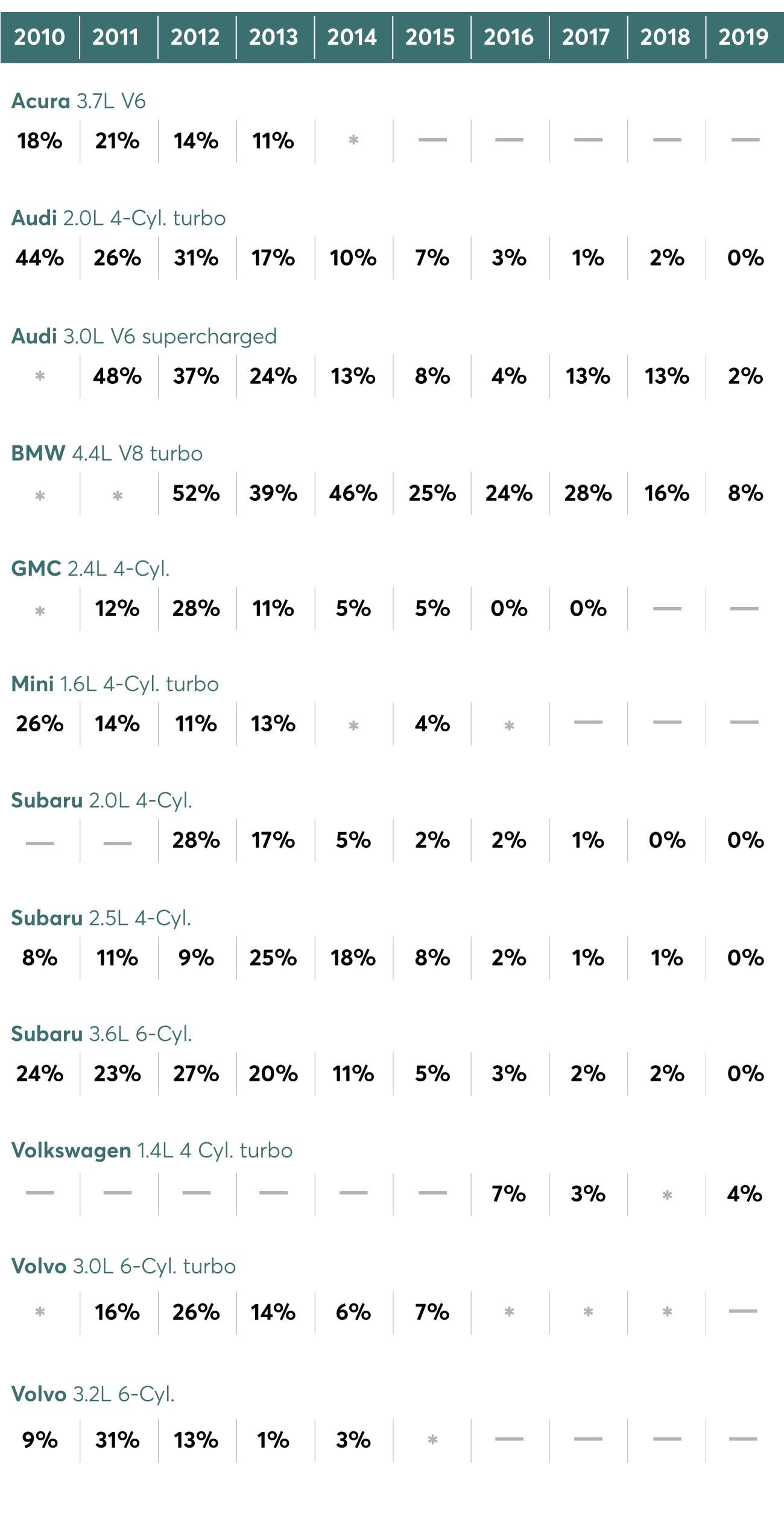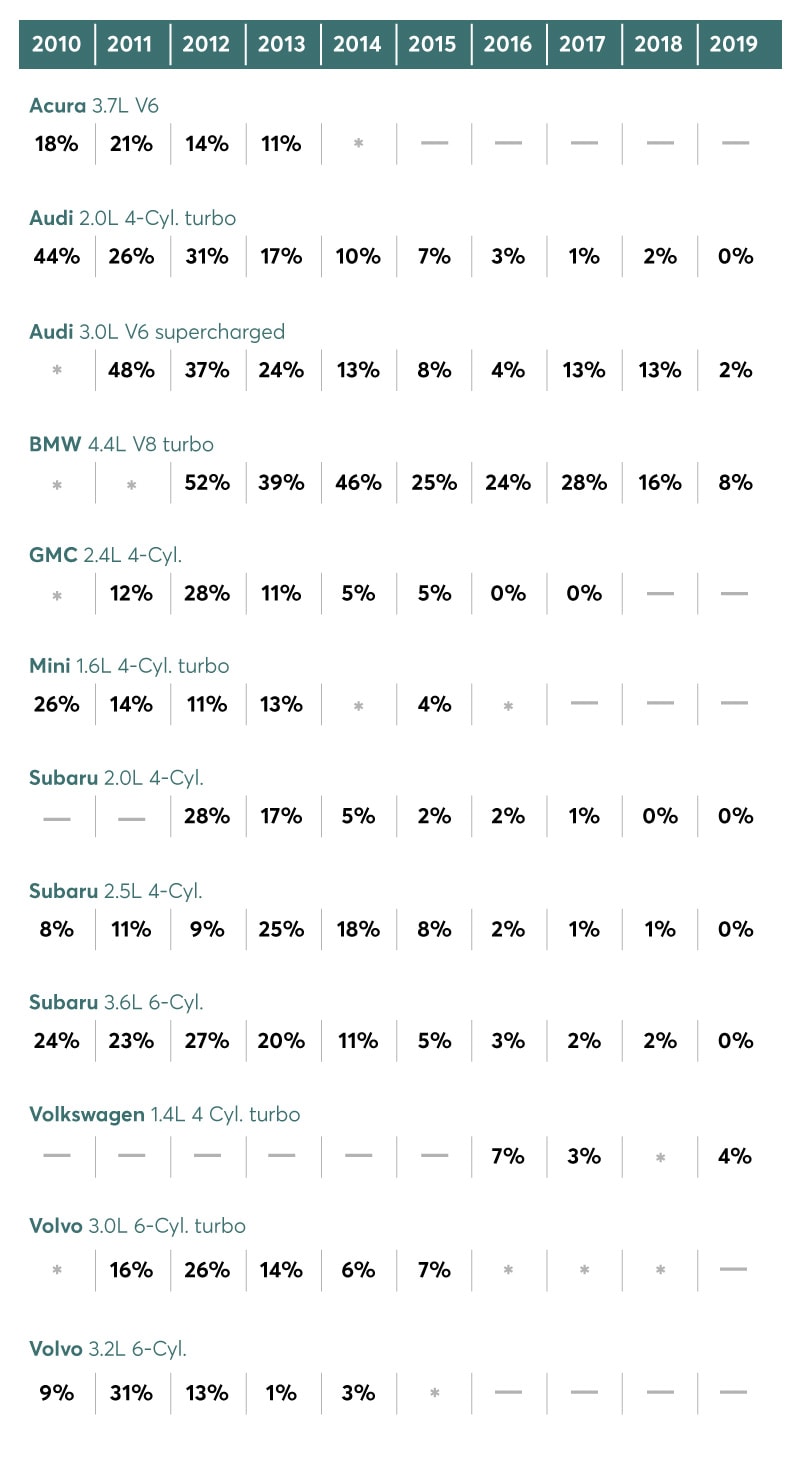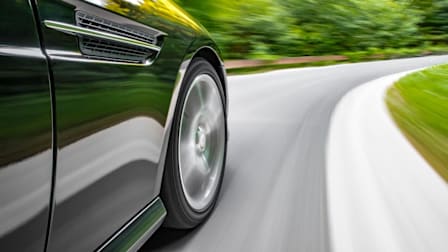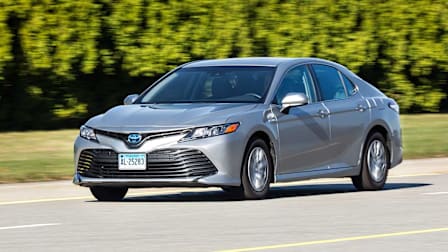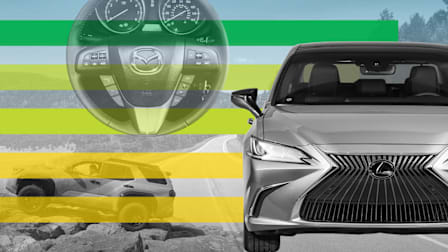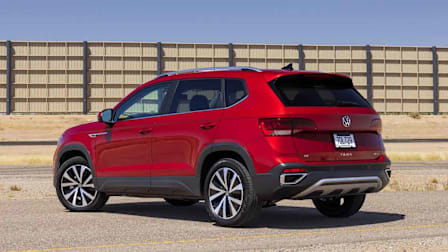Used Cars That Burn Oil—And What to Buy Instead
Don’t get stuck with a model known for oil consumption
It’s no secret that after a while, a worn-out engine is likely to burn some oil. But that shouldn’t happen in a well-maintained used car for at least 10 years, if ever.
Consumer Reports, however, has found that there are several models built within the last decade that are known to burn oil at any mileage.
For the most part, manufacturers fixed or discontinued the problem engines in later model years. But there are still a lot of individual vehicles on the road that burn oil.
Some, such as certain BMW vehicles equipped with twin-turbo 4.4-liter V8 engines, were never fixed by the manufacturer. Others, such as certain Chevrolet Terrain and GMC Equinox SUVs with 2.4-liter four-cylinder engines, received extended factory warranties in which oil consumption issues could be corrected.
If you’re looking at a used car that may be affected by this problem, make sure documentation and inspection show that it has been fixed, or that the car is still under the original or an additional factory warranty before you buy it. (Enough time has passed that many of these oil-burners are out of warranty now.)
Oil Burner: 2010-13 Acura MDX
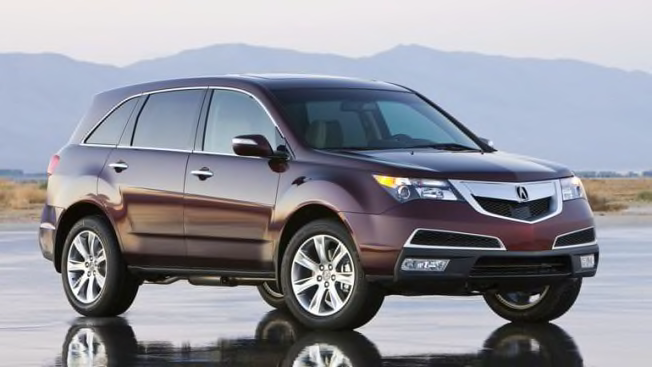
Photo: Acura Photo: Acura
Roomy and comfortable with a good ride and handling characteristics, the second generation of Acura’s three-row SUV suffered from oil consumption problems for a few years. About 211,000 Acura vehicles equipped with the 3.7-liter V6 engine were subject to a factory warranty extension—eight years and 125,000 miles. (As with all warranties, it’s whichever limit is reached first.) But most of those vehicles are out of warranty by now, so keep in mind that according to CR’s reliability survey, anywhere from 10 to just over 20 percent of MDX owners with 3.7-liter-powered vehicles complained of oil consumption, depending on the model year.
A Better Alternative: 2010-13 Lexus RX
Oil Burner: 2010-12 Audi S4
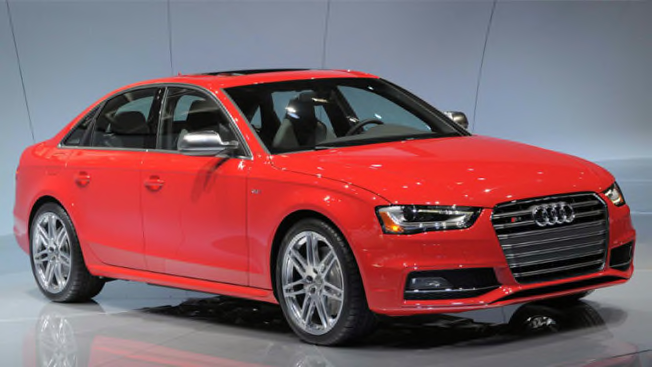
Photo: Stan Honda/Getty Images Photo: Stan Honda/Getty Images
Buying a used Audi—especially one that’s a decade or more old—can be fraught with consequence due to worse-than-average reliability and higher-than-average repair costs. The tendency of the supercharged 3.0-liter engine in sporty S4 models to burn oil is just one more reason to buy something else. Audi issued a technical service bulletin (TSB) related to this problem, and the automaker urges anyone experiencing the problem to contact the dealer. Even the regular A4 had less-than-average reliability during this period. CR’s advice is to steer clear of these vehicles in the used car market.
A Better Alternative: 2010-13 Lexus ES
Oil Burner: 2010-15 Audi Q5
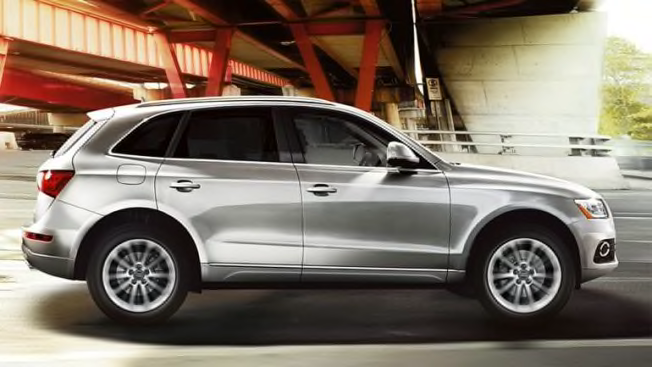
Photo: Audi Photo: Audi
Although reliability is mediocre, the Q5 is fun to drive and has a quiet, luxurious interior. But those high points are compromised by middling reliability and a propensity for oil burning among both available engines—the 2.0-liter turbocharged four-cylinder and the 3.0-liter supercharged V6. Although Audi issued a TSB aimed at fixing the problem, CR’s recommends buying something reliable that doesn’t require scrutinizing its service history to determine whether or not a particular car has been repaired to fix an oil consumption problem.
A Better Alternative: 2011, 2013-14 Acura RDX
Oil Burner: 2012-19 BMW M5
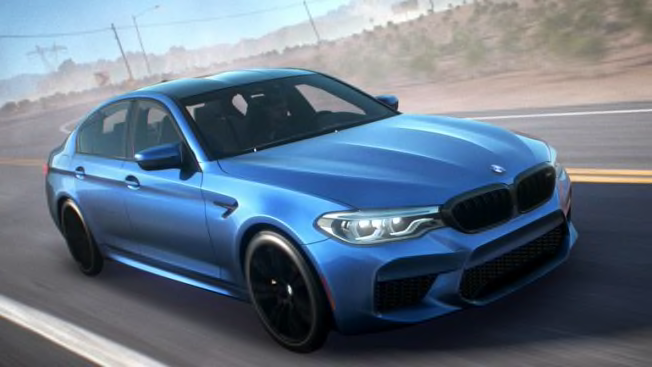
Photo: BMW Photo: BMW
The BMW 5 Series does many things well. It’s luxurious and comfortable; it’s powerful; and it has taut, sporty handling. The M5 kicks up performance and handling a few notches, making it hard to beat as a family-friendly driver’s car. Unfortunately, the twin-turbocharged 4.4-liter V8 that is part of what makes this car so fun to drive is a double-edged sword. In CR’s reliability survey, this engine was the worst oil-burner on the list, generating a higher concentration of complaints from consumers than any other engine. For the 2012 model, for example, more than half of CR’s survey respondents reported oil consumption issues—disturbing in a car that cost about $90,000 new. Although complaints became less frequent over the years, BMW was never able to fully fix the problem, and CR’s reliability data shows that oil consumption was an issue in the 4.4-liter V8 as late as 2019.
A Better Alternative: 2013-15 Lexus GS
Oil Burner: 2010-13 Chevrolet Equinox/GMC Terrain
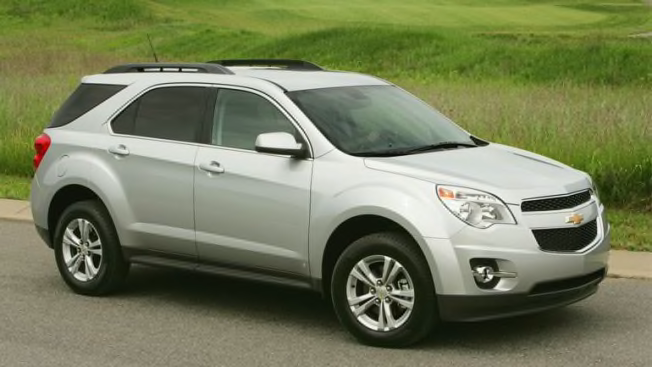
Photo: Chevrolet Photo: Chevrolet
Reliability was never these models’ strong suit, according to CR’s reliability data. To make matters worse, some of the 2.4-liter four-cylinder engines General Motors used in 2010-2013 models had a tendency to burn oil. GM already had a generous 5-year, 100,000-mile warranty for these SUVs, and extended it to 10 years, 120,000 miles in 2010 models and 7.5 years, 120,000 miles for 2011-2013 models. Even with the extensions, all of these vehicles are now out of warranty.
A Better Alternative: 2010-15 Toyota RAV4
Oil Burner: 2010-13 Mini Cooper
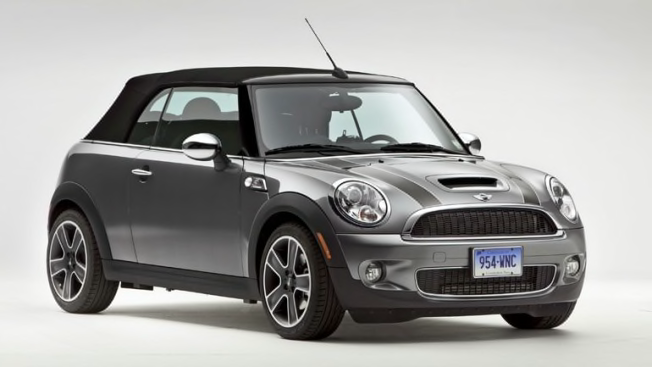
Photo: Consumer Reports Photo: Consumer Reports
The diminutive Mini Cooper is entertaining to drive, with sharp handling and lots of personality. Plus it turns in decent fuel economy numbers. But poor reliability, a tight back seat, and the fact that it requires premium fuel most likely contributed to below-average owner satisfaction. Those factors on their own bode poorly for its prospects as a used car, as does the fact that a number of 2010-2013 models equipped with the 1.6-liter turbocharged four-cylinder engine burned oil, according to CR’s reliability data.
A Better Alternative: 2010-13 Honda Fit
Oil Burner: 2012-13 Subaru Impreza
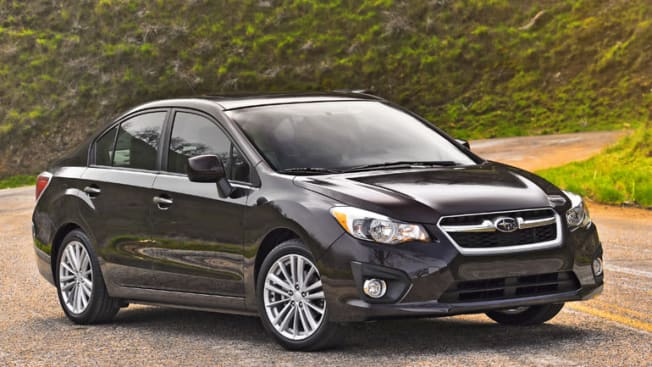
Photo: Subaru Photo: Subaru
The Impreza has always been one of the only relatively low-priced cars to offer standard all-wheel drive. Agile handling and good performance in IIHS crash tests add to its allure. Unfortunately, it is plagued by subpar reliability, and its naturally aspirated 2.0-liter flat-four engine has a propensity for oil consumption. Subaru extended the factory warranty to 5 years, 100,000 miles in certain models, but all of the affected Imprezas will now be out of warranty.
A Better Alternative: 2012-14 Mazda3
Oil Burner: 2010-15 Subaru Forester and Outback
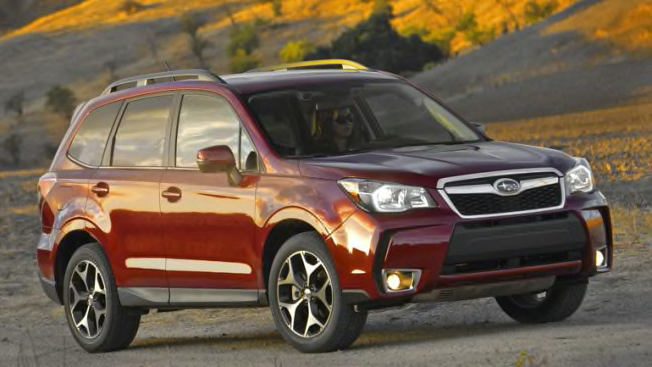
Photo: Subaru Photo: Subaru
Although both the Forester and the Outback offer roomy interiors, standard all-wheel drive, and good crash test results, many Subarus of this era had problems with head gasket failure. According to CR reliability data, oil consumption is another potential problem you could face if you buy a used Subaru with a 2.5-liter flat-four engine.
A Better Alternative: 2010-15 Honda CR-V
Oil Burner: 2010-15 Subaru Legacy
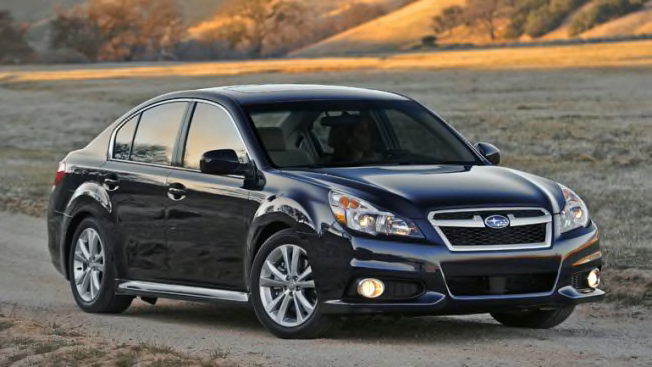
Photo: Subaru Photo: Subaru
Subaru’s Legacy from the early part of the last decade certainly has its appeal. You can’t get a less expensive midsized sedan with standard all-wheel drive. Handling and passenger comfort are good, as is outward visibility. But as with the Forester and Outback, the 2.5-liter flat-four that was the only engine option in Legacy models of this vintage had a tendency to burn oil. The worst of them are now out of warranty.
A Better Alternative: 2010-15 Toyota Camry
Oil Burner: 2010-14 Subaru Tribeca
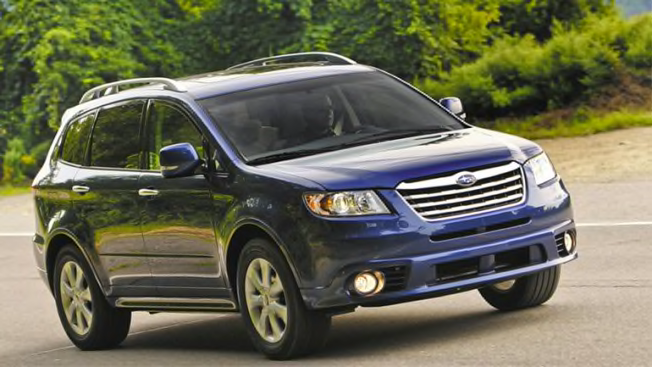
Photo: Subaru Photo: Subaru
A forebear to Subaru’s current three-row SUV, the Ascent, the Tribeca offered a larger interior than the Outback, while still maintaining agile handling. Unfortunately, its 3.6-liter flat-six engine—which was also available in some Outback trims—burned oil in some cases. CR’s reliability data shows that for a few years, about a quarter of Tribeca owners complained of oil consumption.
A Better Alternative: 2010-14 Toyota Highlander
Oil Burner: 2011-14 Volvo XC60
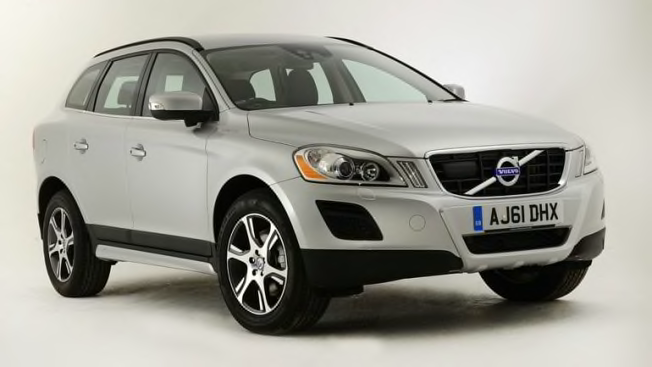
Photo: Getty Images Photo: Getty Images
As with many Volvos, fit and finish is good on the XC60, and safety is a high point. But mediocre fuel economy, tricky controls, and a tendency among vehicles equipped with a 3.2-liter inline-six engine to burn oil put this model at a disadvantage.
A Better Alternative: 2011, 2013-14 Acura RDX
Oil Burner: 2011-14 Volvo XC70 T6
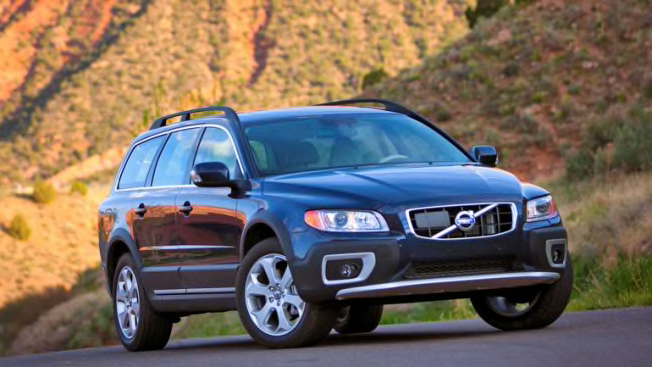
Photo: Volvo Photo: Volvo
A handsome and utilitarian wagon of a type not seen much anymore, the XC70 counted good safety features and a decent ride among its attributes. But CR testers found its handling uninspiring, and some of the cars equipped with the 3.0-liter turbocharged six-cylinder engine burn oil, according to CR reliability data.
A Better Alternative: 2010-14 Toyota Venza
